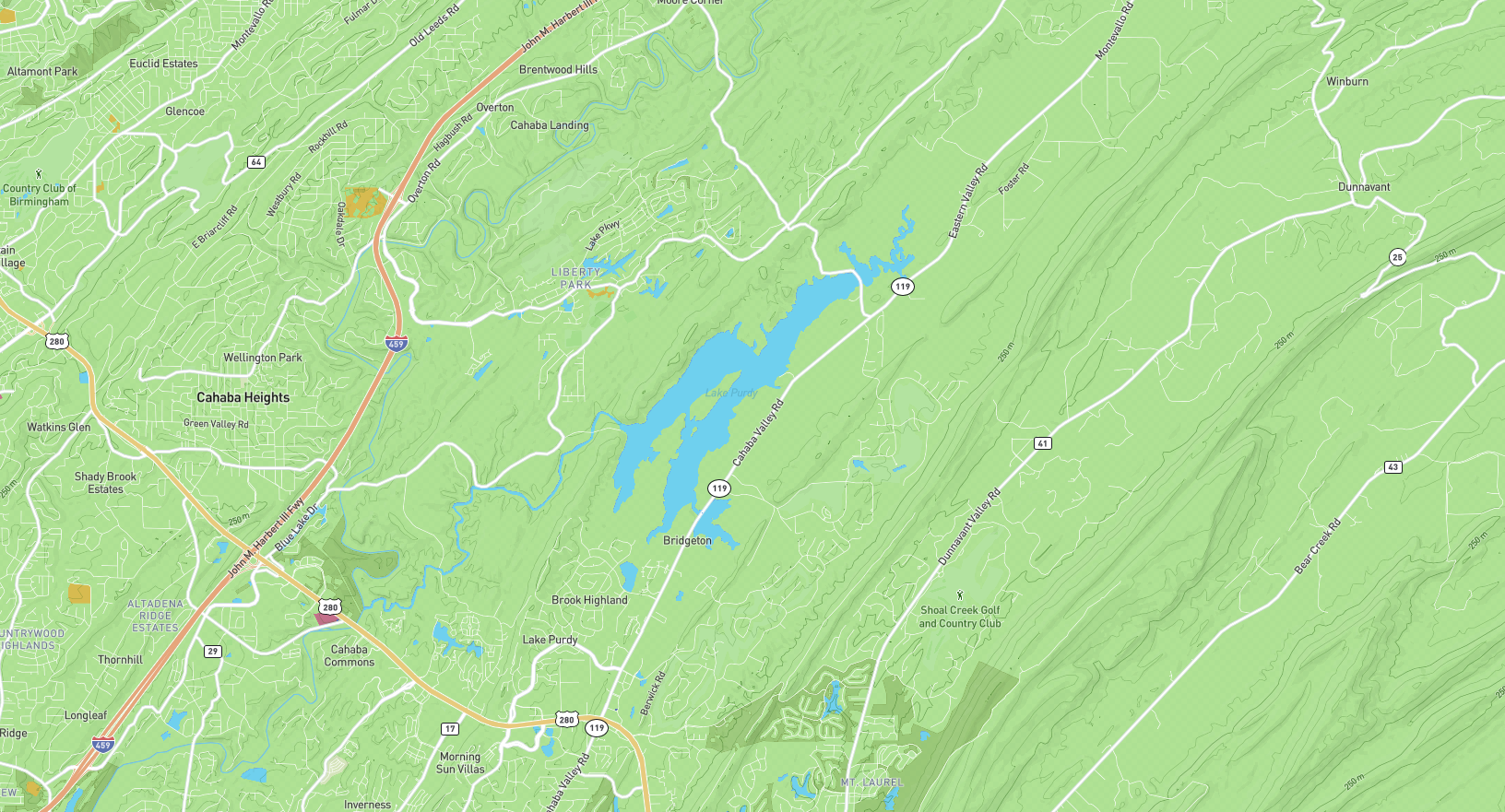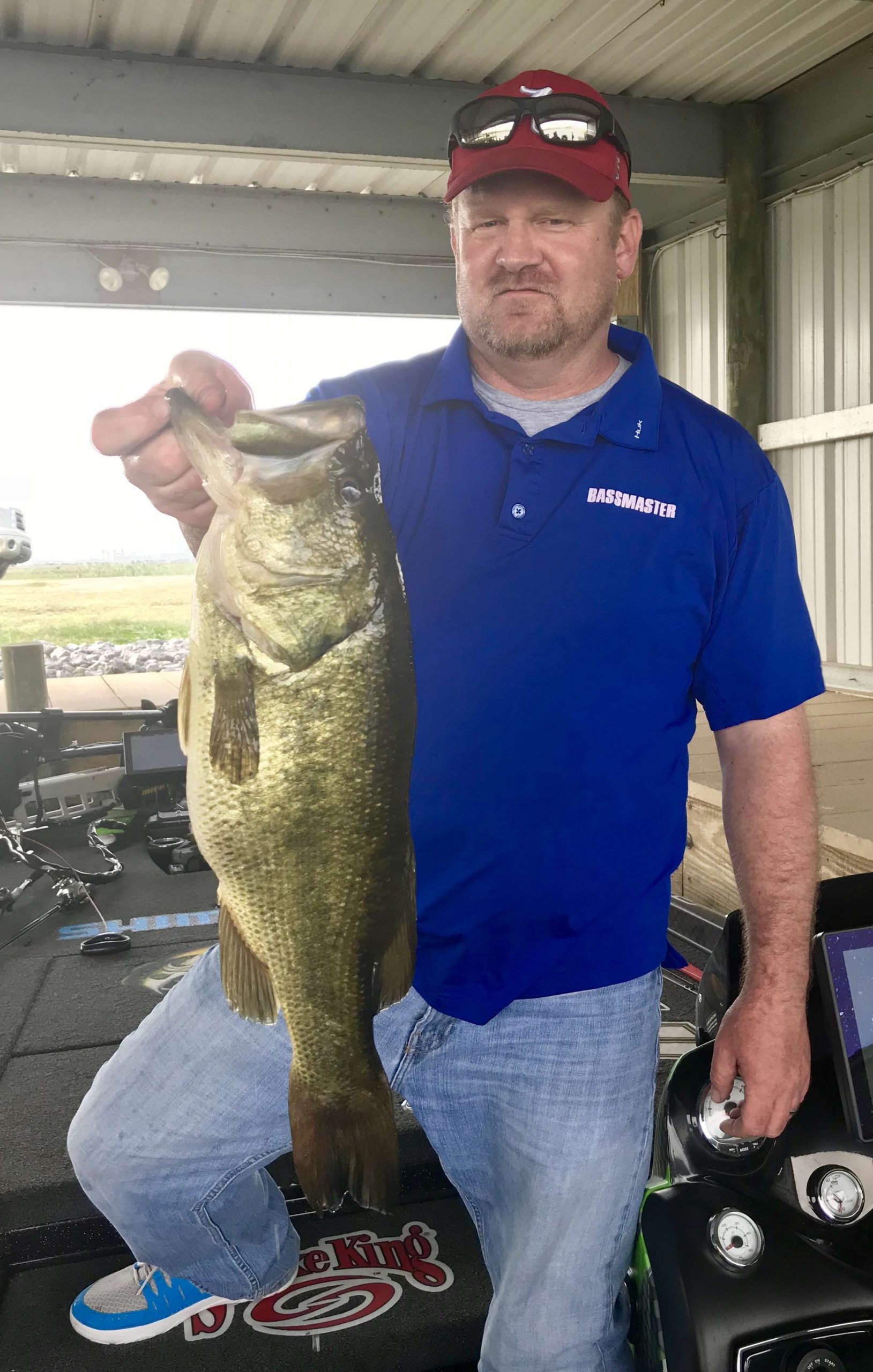
Here in my hometown of Birmingham, Ala., there is a 1,050-acre impoundment called Lake Purdy, from which the surrounding areas draw their drinking water. The lake is accessible only by rental boat, and the maximum-size outboard allowed is 9.9 horsepower.
I live within an hour of three Coosa River fisheries that are known for producing big spotted bass. But if my life depended on landing a 4-pound spot today, I’d drive past all of those lakes to put my dad’s 7.5-horsepower Johnson on the back of one of the aluminum johnboats at Lake Purdy.
The lake fits the definition of a hidden paradise perfectly. Besides being hard to access, it’s not a popular destination for hardcore tournament anglers because, besides the little Friday night wildcat tournaments they have there a few months out of the year, it’s not a tournament destination.
Hardcore bass anglers, who always seem to be fishing a tournament or gathering waypoints for one, drive right past it on the way to Lay Lake, Logan Martin Lake, Smith Lake and Lake Guntersville — and that’s fine with me.
I know this issue of Bassmaster is aimed at identifying some of the best lakes in the country and providing tips and tricks for how to get the most out of them when you visit. But I like the idea that hidden gems still exist — and chances are, you’ve got one or two in your own backyard.
When I lived in Memphis, Tenn., I had Reelfoot Lake, a 13,000-acre cypress-filled fishery that’s known by many for the way it was created, in nearby Samburg, Tenn. In 1811, a massive earthquake on the New Madrid fault line caused land on one side of the Mississippi River to sink, forming Reelfoot.
A lot of people have a hard time looking past the lake’s massive populations of crappie, bluegill and catfish. But if you can remain singularly focused on bass, it’s a wonderland of cypress knees, lily pads and narrow canals that lead to wide-open ponds.
Be advised, it’s filled with the kind of cover that you’ll hear — and sometimes feel — when you’re running on plane. But it’s worth braving for all the big bass that swim there.
Sometimes those “hidden treasures” are hidden because someone else has labeled them trash. That was certainly the case with Herb Parsons Lake in west Tennessee.
People used to roll their eyes at me when I mentioned Herb Parsons, but I think it was because they were only placing value on lakes that were likely to produce a 10-pounder.
Herb Parsons certainly wasn’t good for that — and it had a strictly enforced 5 mph speed limit. But I had many evenings there when I caught 35 to 40 bass on a topwater and just had an absolute blast doing it.
There was Tippah County Lake in Mississippi. There was Goat Rock Lake in Georgia.
The list of lakes you’ve likely never heard of but would probably enjoy exploring is longer than I can type here. But they’re easier to find than you might think.
I found all the lakes listed here simply because Google Earth showed they were close to my house.
I ignored the obvious lakes and went exploring.
You should too.

